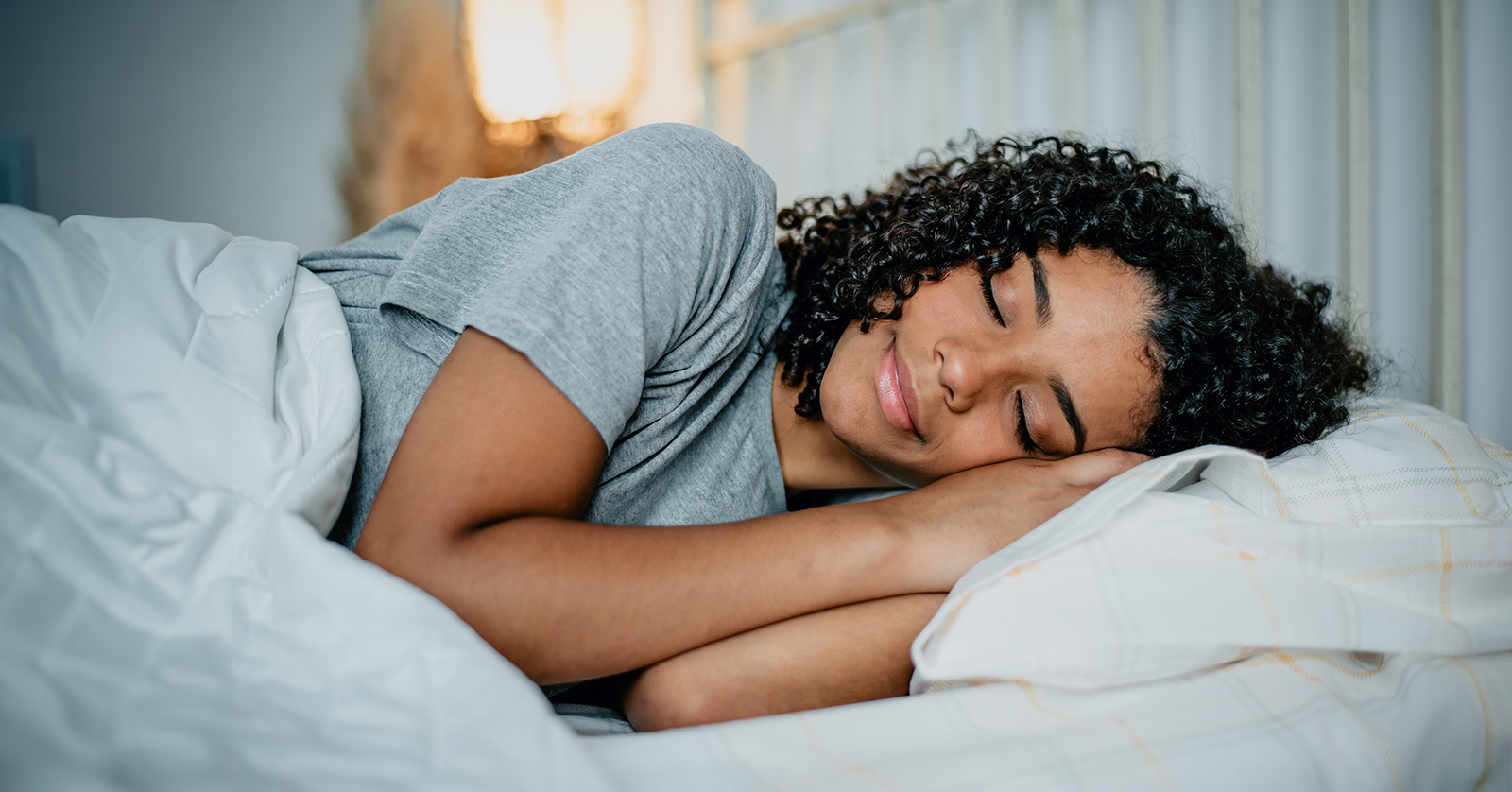NIH-funded study also links later bed and wake times with school conduct problems

WHAT:
Irregular sleep and late bedtimes are linked to worse grades and more school-related behavioral problems among teens, suggests a study funded by the National Institutes of Health (NIH). The authors stated that interventions to promote regular sleep schedules may boost adolescents’ academic performance.
The study, conducted by Gina Marie Mathew, Ph.D., and Lauren Hale, Ph.D., of Stony Brook University and colleagues, appears in Sleep. Funding was provided by NIH’s Eunice Kennedy Shriver National Institute of Child Health and Human Development.
Researchers analyzed data from nearly 800 adolescents participating in a larger study 
Participants with more variable bedtimes had a greater chance of receiving a D or lower during the last grading period, compared to those with more consistent bedtimes. Adolescents who went to bed later, got up later or varied the number of hours they slept per night had fewer classes in which they received an A. Adolescents were more likely to be suspended or expelled in the last two years if they got up later, varied the number of hours they slept each night or if they varied the time they went to bed each night.
The authors theorized that delayed bedtimes could result in late school arrivals, which could affect learning and behavior. In addition, many adolescents are biologically inclined to later hours, which conflict with early school start times.
WHO:
Randy Capps, Ph.D., of NICHD’s Population Dynamics Branch, is available for comment.
ARTICLE:
Mathew, G, et al. Actigraphic sleep dimensions and associations with academic functioning among adolescents. Sleep (2024).
###
About the Eunice Kennedy Shriver National Institute of Child Health and Human Development (NICHD): NICHD leads research and training to understand human development, improve reproductive health, enhance the lives of children and adolescents, and optimize abilities for all. For more information, visit https://www.nichd.nih.gov.
About the National Institutes of Health (NIH): NIH, the nation's medical research agency, includes 27 Institutes and Centers and is a component of the U.S. Department of Health and Human Services. NIH is the primary federal agency conducting and supporting basic, clinical, and translational medical research, and is investigating the causes, treatments, and cures for both common and rare diseases. For more information about NIH and its programs, visit https://www.nih.gov.

 BACK TO TOP
BACK TO TOP